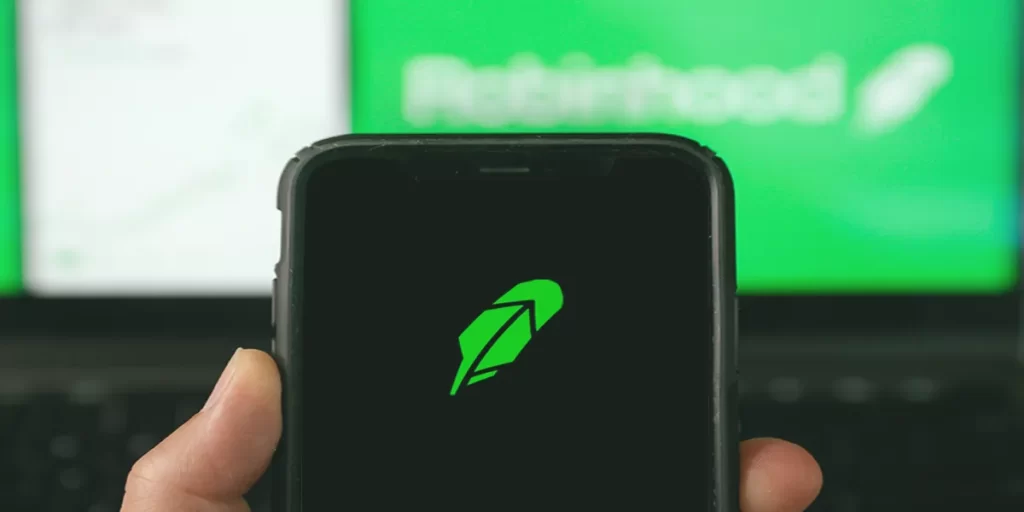
- Shares shoot up as Robinhood plans to buy back $55M worth of shares from SBF.
- BlockFi and SBF claim the shares as well.
- Robinhood argues with the release of Robinhood Wallet to own the share back.
The Board of Directors at Robinhood Markets Inc. has approved the plan to buy back $55 million in shares bought by Sam Bankman-Fried (SBF), ex-CEO of bankrupt FTX, last year. Currently, they are negotiating with the justice system to facilitate the move.
Robinhood Chief Financial Officer Jason Warnick states:
Since there is limited precedent for this type of situation, we cannot predict when, or if, the share purchase will take place.
According to a report, shares jumped 4.78% after Robinhood made the announcement of repurchasing the 7.6% stake that Sam Bankman-Fried had owned in May last year through Emergent Fidelity Technologies. At the time, the share price had rallied to 25%.
Bankman-Fried and FTX co-founder Gary Wang had taken loans totaling $546 million from Alameda Research, SBF’s trading firm, to purchase the shares in Robinhood. They now plan to use it for SBF’s criminal defense.
The Department of Justice had seized the shares, worth around $450, in January. Defunct crypto lender BlockFi is claiming that share as well. They were owed the shares under the terms of an agreement that was made last November.
Robinhood highlighted the release of Robinhood Wallet, which empowers customers around the world to self-custody their crypto. They are planning to buy back their shares using the timely release of Robinhood Wallet to support company revenue.
Robinhood’s revenue from crypto trading on its platform froze as prices dipped in the final months of last year. Even so, the company is encouraged to invest more in crypto due to the crypto market activity. Crypto prices have been coming back since the start of this year.
Robinhood CFO Jason Warnick states:
We continue to think that crypto is here to stay. We’re continuing to invest in this space and are really optimistic.
On the other hand, the Security Exchange Commission (SEC) proposed rules in December that would limit the payment-for-order flow upon which Robinhood’s business prevails. Hence, Robinhood is pushing back on the SEC’s plan.

